
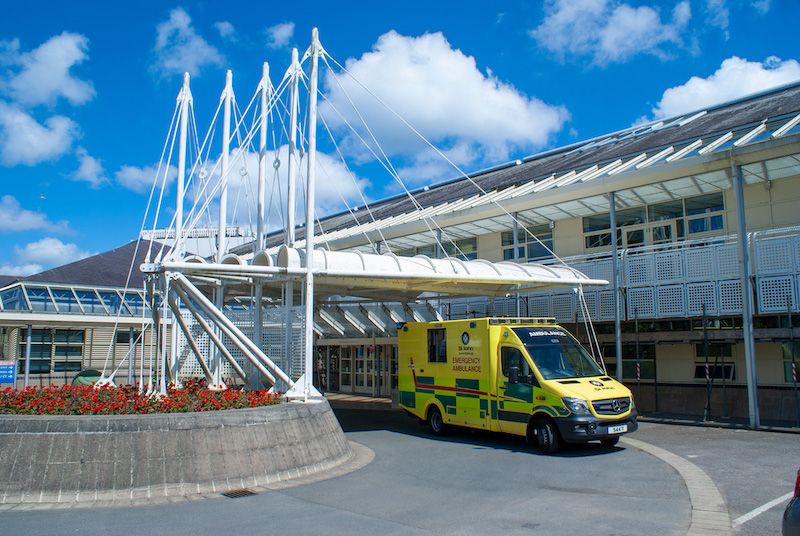
People in Guernsey are being urged not to be "frightened" of seeking medical help, as it's revealed some patients have been turning up at the Emergency Department with "limb threatening injuries" which could have been prevented if they'd been treated earlier.
While we are still being asked to stay at home wherever possible, health needs are an exception and the Medical Director of Health & Social Care, Dr Peter Rabey, is encouraging the community to attend the ED as they usually would, or to call they doctor for help in the first instance before things escalate.
"If you need medical help please get it," he said. "We have seen some people presenting late with things that would have been simple to treat if they had presented in a normal way - limb threatening type injuries that could have been prevented, but people are frightened to go to their doctor and frightened to come to A&E.
"Please, if you think you need medical help, get it. It’s perfectly safe to get it, we will look after you, everyone is taking the right precautions and staying at home but hoping it’s nothing isn’t the way to manage."
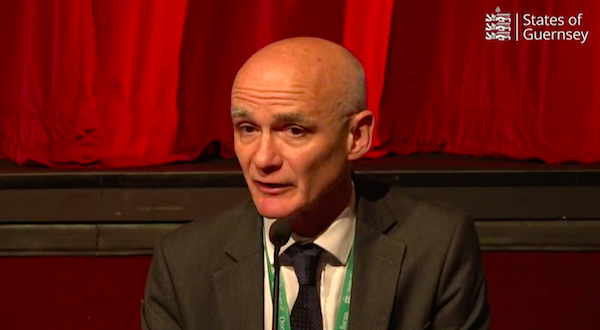
Pictured: Dr Peter Rabey.
While the hospital has spent the past month preparing for a surge in demand, it is coping well at the moment.
"The hospital reports are starting to feel a little anti-climactic and I really hope it stays like that," continued Dr Rabey. "We've only got eight patients in our covid ward at the moment (Wednesday) and doing well. We don't have anybody in the covid intensive care - it's all ready to go.
"We've had another delivery of four ventilators, so that's really good. We're trying to get more, but at the moment we don't have anybody with covid in the island yet who's needed to go onto a ventilator. We've done all the preparation and we hope not to need all that capacity."
That could partly be down to the 'flattening of the curve', which the entire island population has been working towards since lockdown restrictions were first imposed.
"The measures that we have put in place have been highly effective," said Director of Public Health, Dr Nicola Brink. "We're really starting to flatten the curve, so that's really encouraging.
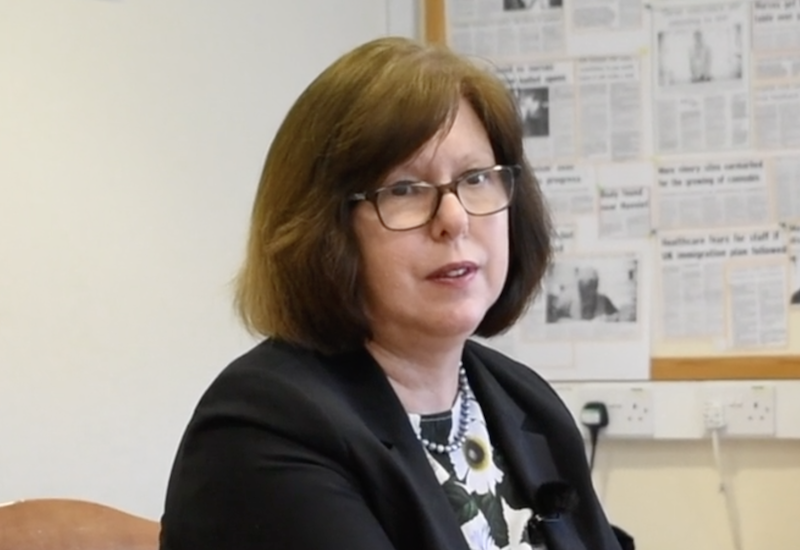
Pictured: Dr Nicola Brink.
"The position we are in is - dare I say it - as good as could be expected and perhaps has slightly exceeded my expectations.
"Only 12% of our cases are being detected through unexplained community transmission - that curve is flattening. The curve that is still going up gradually is the contacts; those are people that we are actively looking for.
"What I'm very cognisant of is that we mustn't lose those gains that we've achieved, so we're not seeing our intensive care flooded, we're not seeing concerns about ventilator capacity and so on."
However, the Civil Contingencies Authority is working on a plan which would be put in place if the PEH did become overwhelmed.
"We can be overwhelmed," said Dr Rabey. "Any health system in this crisis could be overwhelmed, so we have been doing the planning.
"Throughout this, the Public Health team have been doing the modelling behind the scenes and we've had access to really good modelling of what might happen - worst case scenario and likely scenarios.
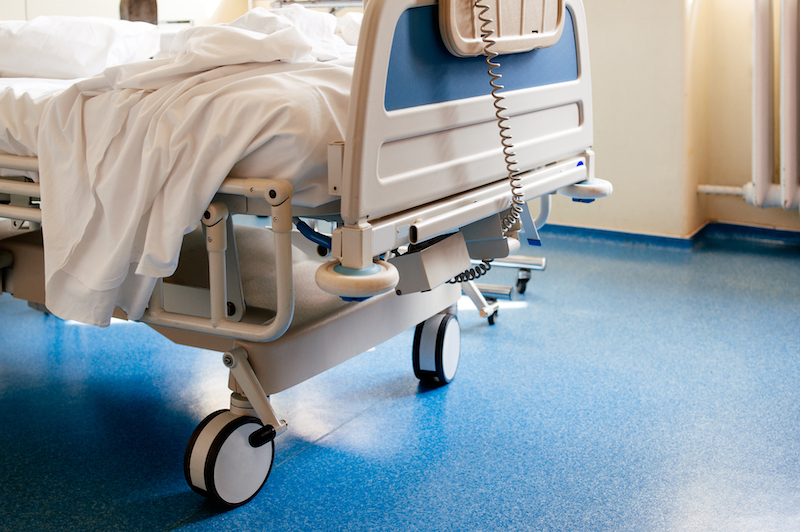
Pictured: The hospital has spent weeks preparing for a local peak.
"At the moment, we’ve expanded the bed base in the Princess Elizabeth Hospital and we think we’ve got a way to do that further if we come to that point of being overwhelmed. We think we can make use of one of the areas in the hospital, share staff who are already in the hospital to staff it and expand the bed base there up to a total of 70 from a place that currently has 24 patients. That gives us, by population numbers, quite a big expansion capacity that we can draw on if we need to.
We can also fit another ten beds around the physical hospital, so we can expand quite significantly around the PEH site. That’s quite important to us because we’ve got staff there, we’ve got oxygen there, and the things we need. It’s the first port of call.
If we need to go beyond that, we’re doing the work, we’ve got the modelling and we’re making the contacts. We know exactly how we would do it and what we don’t know we’re working out, so we’re on the case. I really hope it doesn’t come to that."
It's not just the hospital that has been affected though. Some GP surgeries have had to adapt after staff members contracted the virus.
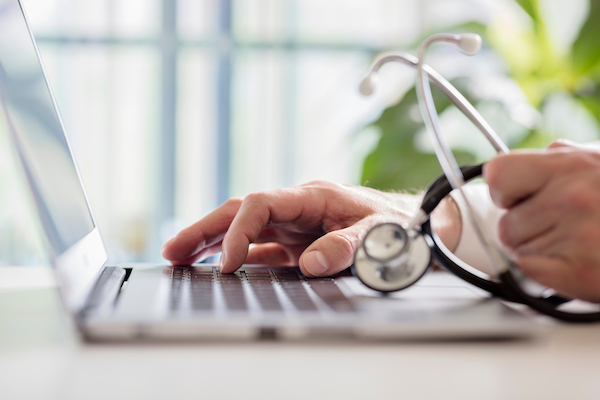
Pictured: Some doctors have been taken ill with the virus.
"Some of the doctors have been in contact with corona virus and tested positive," explained Dr Rabey.
"In primary care they took a pre-emptive action on this by opening a surgery to look at the respiratory type symptoms. They took that action really early and that’s great, but that doesn’t mean that people who go to the other clinics are completely risk free for the staff there. They are taking appropriate precautions and doing as much as possible remotely.
"When doctors and nurses get it, we test them and when they become negative they can rejoin the workforce."
Further information and advice on the virus is available here.
Comments
Comments on this story express the views of the commentator only, not Bailiwick Publishing. We are unable to guarantee the accuracy of any of those comments.